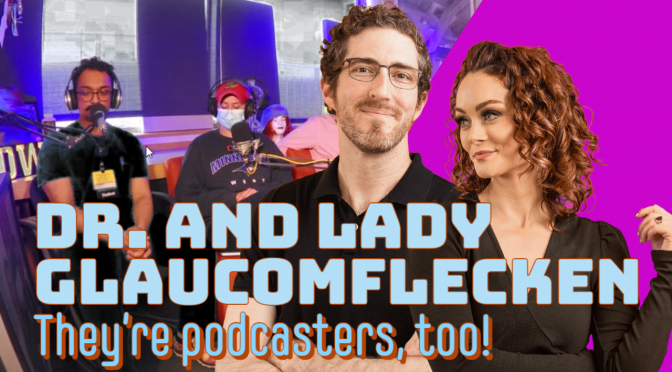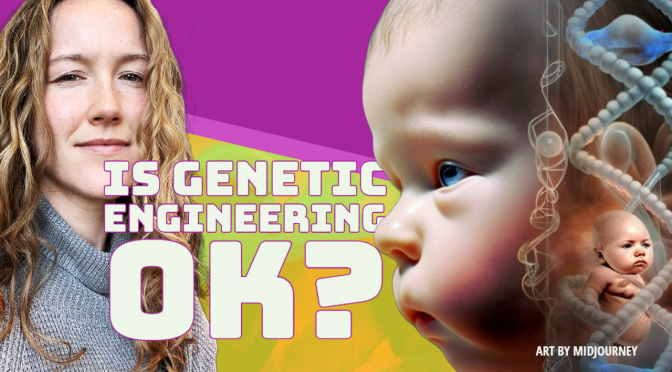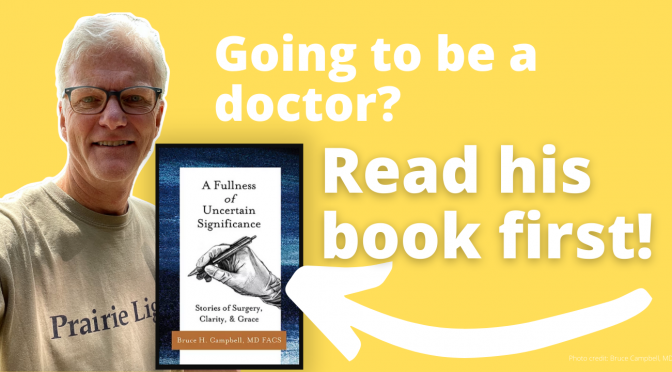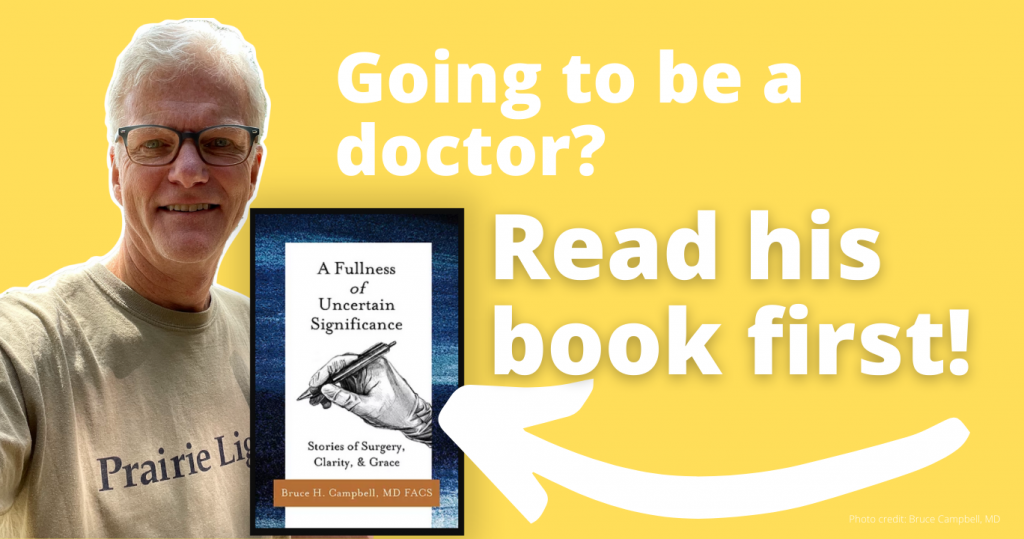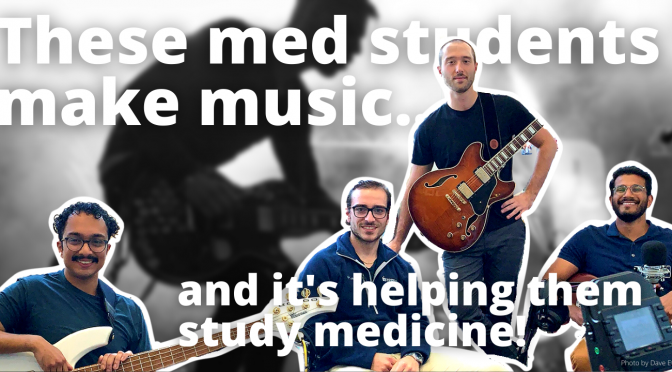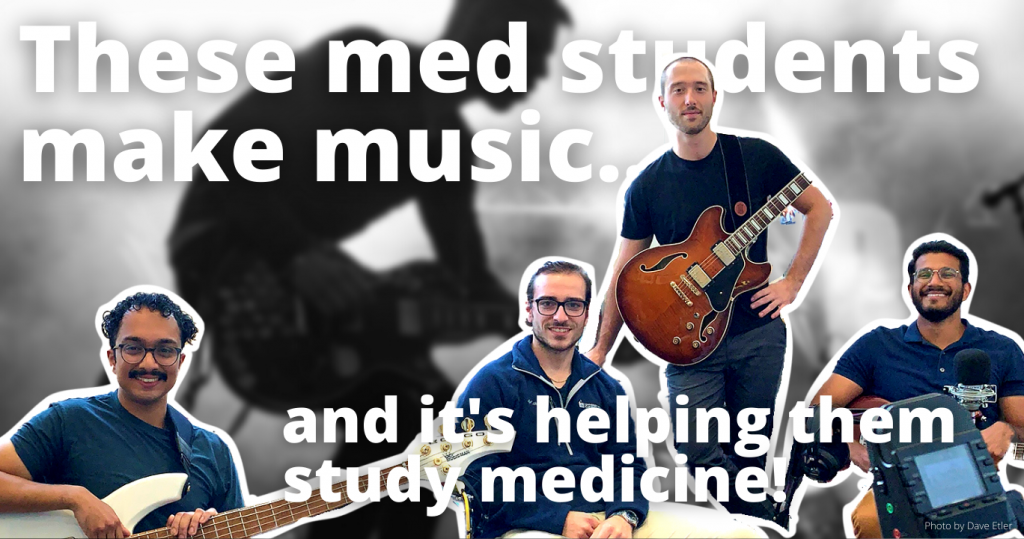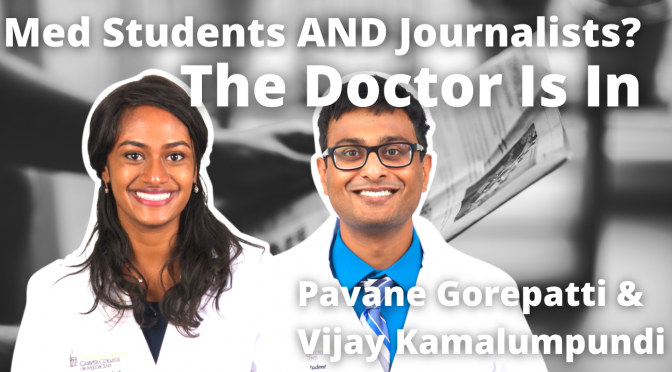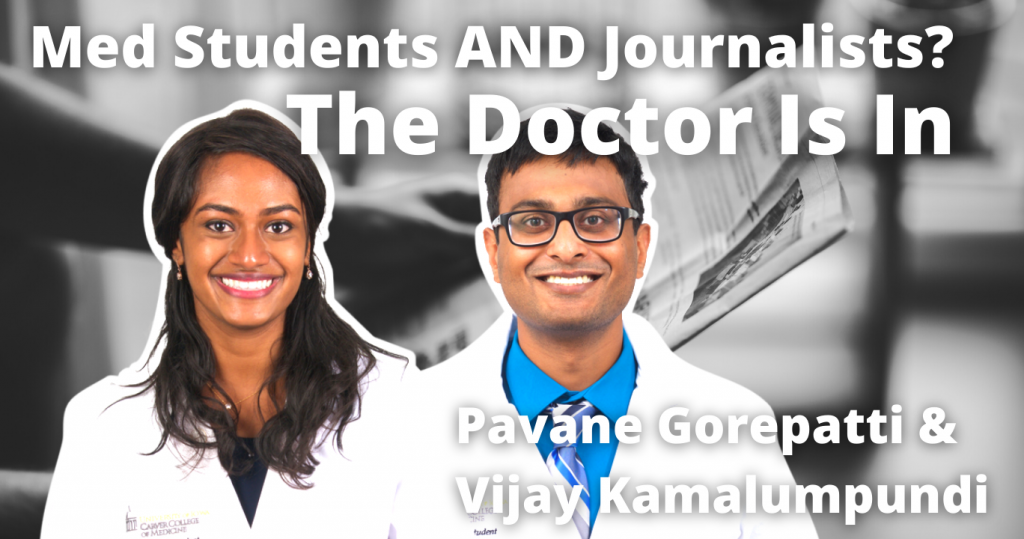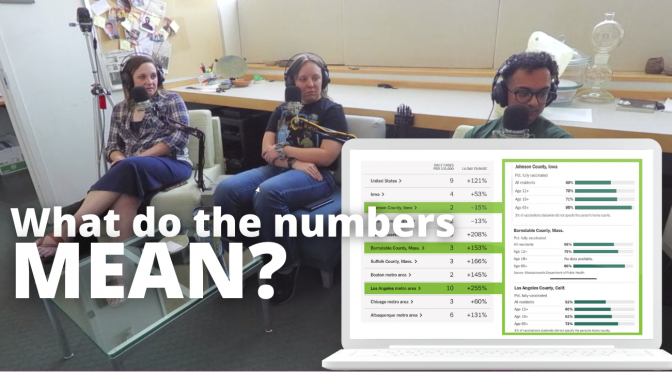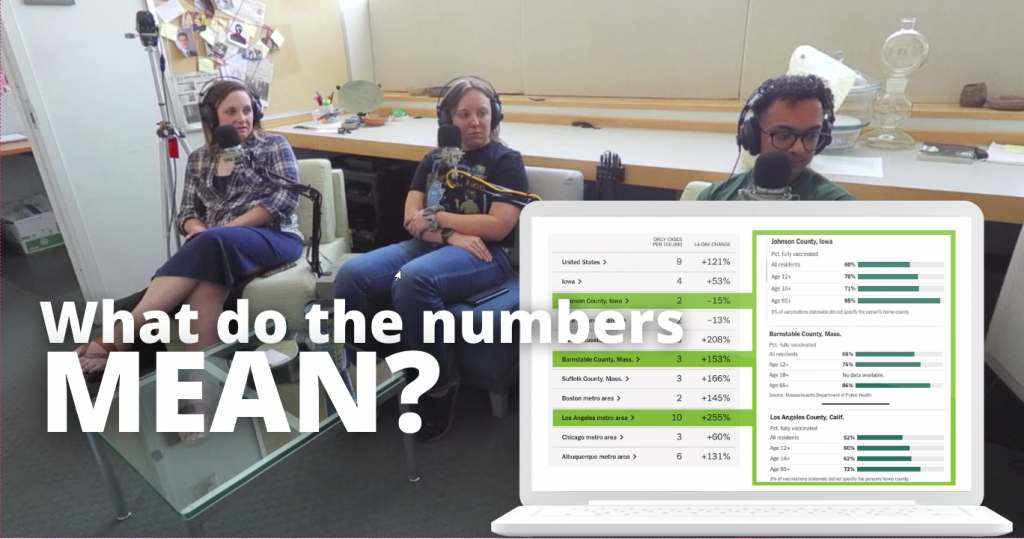Podcast: Play in new window | Download (Duration: 1:08:26 — 62.7MB)
Subscribe: Spotify | RSS | More
Dr. and Lady G have a new podcast!
- Will and Kristin Flanary, better known as Dr. and Lady Glaucomflecken, visit with The Short Coats to talk about their new podcast, Knock Knock, Hi!
- AJ, Madi, Zay, Jacob, and Hend talk with the Flanarys about the value of satirizing medicine–a surprisingly universal source of workplace comedy–an its ability to humanize physicians.
- Kristin discusses her experiences as co-survivor of everything Dr. Flanary has put her through, like cancer (twice), midnight cardiac arrest, and–shudder–medical school.
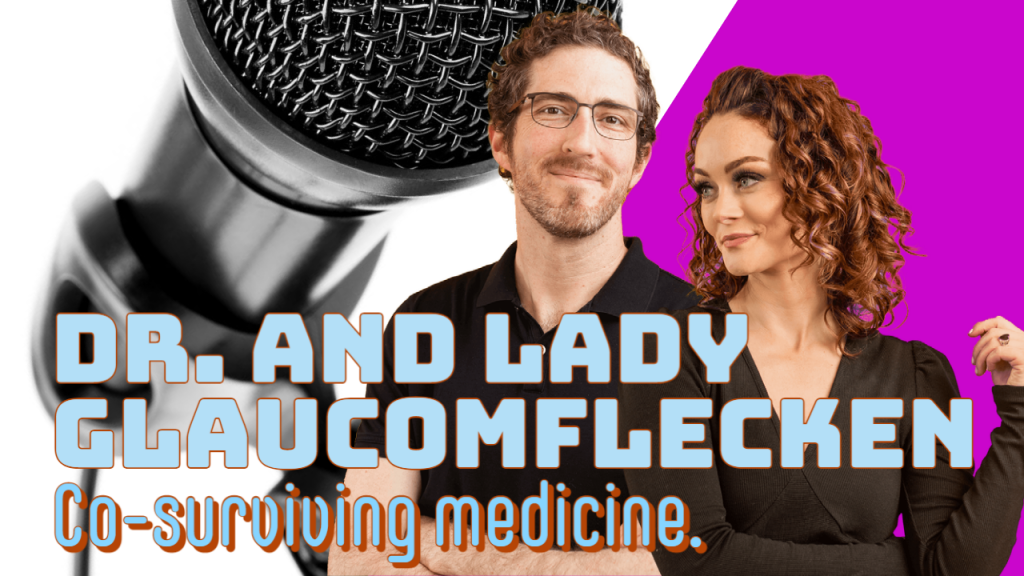
More about the Flanarys:
Website: https://glaucomflecken.com/
We Want to Hear From You: YOUR VOICE MATTERS!
No matter where you fall on any spectrum, we want your thoughts on our show. Do you agree or disagree with something we said today? Did you hear something really helpful? Are we delivering a podcast you want to keep listening to? We’ll be sure your ideas are heard by all–leave a message at 347-SHORTCT (347-746-7828) and we’ll put your message in a future episode (use *67 to be an “Unknown caller”).
We want to know more about you: Take the Listener Survey

